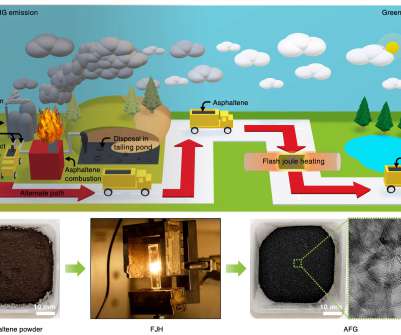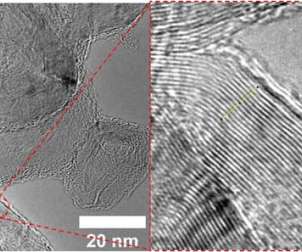U Delaware team develops chemocatalytic process to convert waste polypropylene to lube oils
Green Car Congress
AUGUST 27, 2021
Researchers at the University of Delaware have shown that ruthenium deposited on titania is an active and selective catalyst for breaking down polypropylene into valuable lubricant-range hydrocarbons with narrow molecular weight distribution and low methane formation at low temperatures of 250 °C with a modest H 2 pressure. 1c00874.









































Let's personalize your content